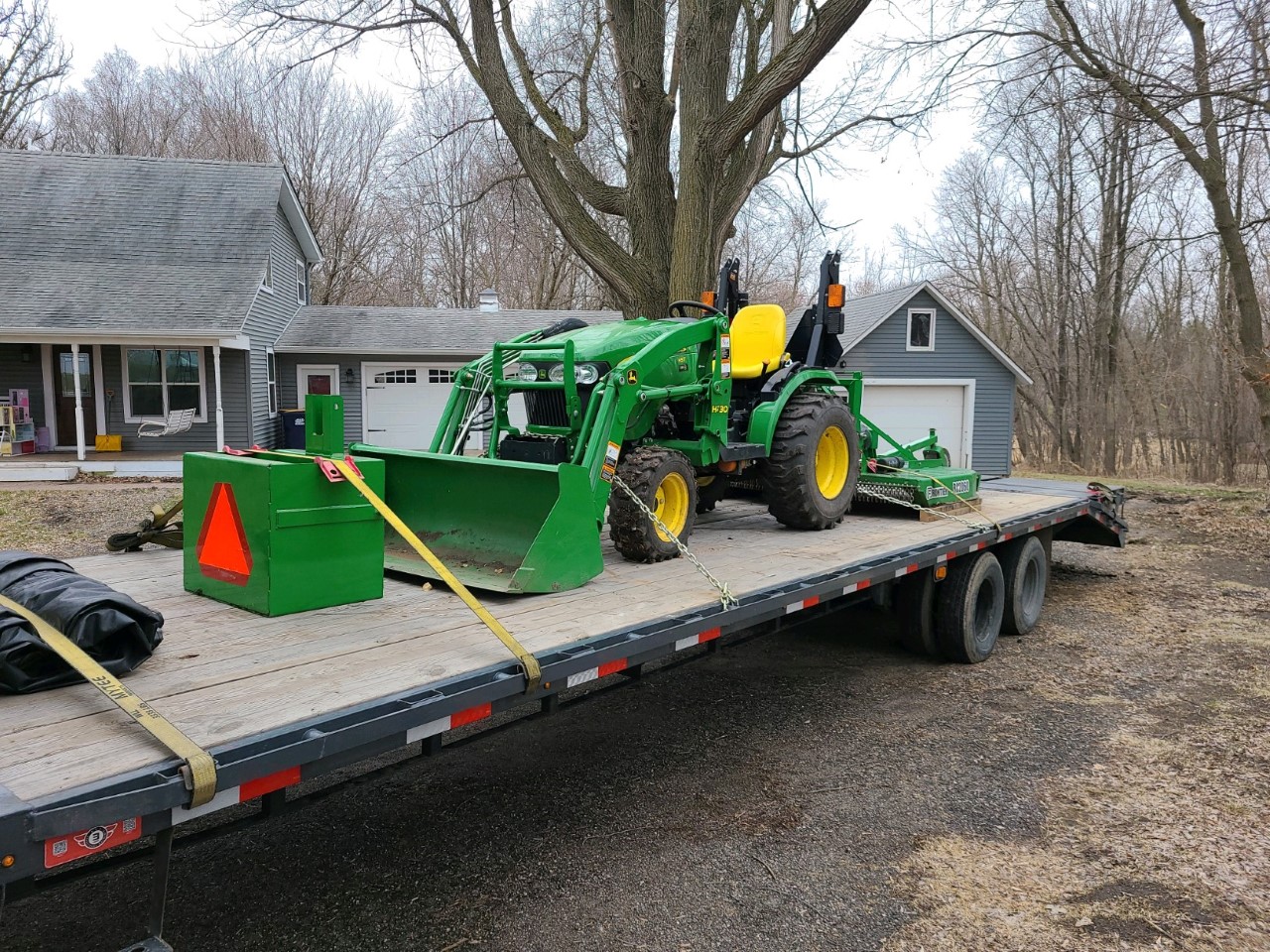Spring is a busy season on most farms, not just on farms that have calving or lambing happening. Sowing, fertilizing, crop-spraying, and other vital jobs all typically complete with the help of a tractor throughout the Spring months.
To make sure your tractor component is ready for its Spring workout, undertake a comprehensive inspection. A thorough check should highlight any issues with implements, attachments, or the tractor body that need to be resolved before its put into heavy use. Note any signs of damage, such as cracked chassis, torn rubber, and worn treads. Tire pressure should be monitored, and tires should be inflated to the correct pressure before first use in the Spring.
As well as exterior visual checks and tire pressure checks, interior components should be inspected. The engine is a critical component, and the battery should be checked to see if it still holds a charge. One crucial element to check is the wiring system, as it’s not unusual for tractors to become temporary homes for rodents when they’re not in use for long periods. Rodents may fray and chew wires, and you may need to get a professional to replace parts of the wiring system.
During your inspection, broken and failing parts, including belts, hoses, bearings, pulleys, and fans, should also be highlighted and replaced in advance so that you’re not risking a breakdown during the busy season. Minor changes such as oil, air, and hydraulic filter replacements should be done at least once a year to prevent clogging. Even if the filters look relatively clean and undamaged, many professionals recommended changing them yearly.
Idle and stored tractors can benefit from fuel drainage and replacement with fresh fuel unless the fuel had a stabilizer added. Even though fuel tanks are tightly sealed, you’d be surprised how many contaminants can make their way inside the tank and other fluid containers when the tractor is left idle for a few months. If you’ve noticed a significant drop in fluid levels since the tractor has been in storage, look for leaks or damage on typically sealed systems such as the tractor’s transmission. Lastly, before sending your tractor out into the field, where necessary, components should be lubricated.


